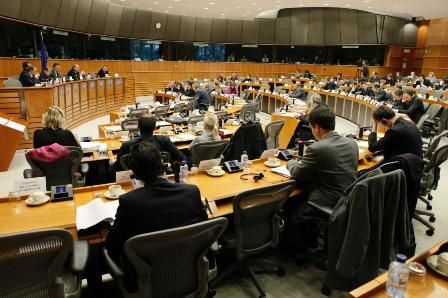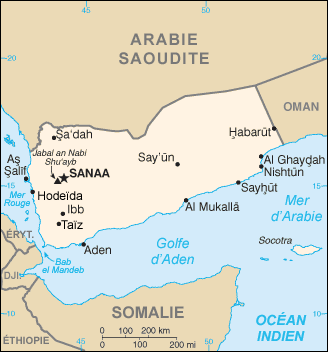16.05.2017 Conseil de l'Union européenne
Le Conseil, présidé par Mme Federica Mogherini, haute représentante de l'Union pour les affaires étrangères et la politique de sécurité, débutera à 10 heures. Les ministres de la défense feront d'abord le point sur la mise en oeuvre de la stratégie globale de l'UE dans le domaine de la sécurité et de la défense et devraient adopter des conclusions.
Ils examineront les progrès réalisés dans la mise en oeuvre des décisions en matière de sécurité et de défense arrêtées au sein du Conseil des affaires étrangères en mars. Celles-ci comprennent la future mise en place d'une capacité militaire de planification et de conduite (MPCC) établie à Bruxelles, pour appuyer les missions militaires PSDC à mandat non exécutif, la possibilité d'instituer une coopération structurée permanente (PESCO) et d'introduire un examen annuel coordonné en matière de défense (CARD) piloté par les États membres, le renforcement des outils de réaction rapide de l'UE, y compris les groupements tactiques de l'UE et l'adoption d'une approche plus stratégique à l'égard des partenariats en matière de PSDC. Les ministres devraient également se pencher sur la mise en oeuvre du plan d'action européen de la défense, à la suite d'une présentation faite par Mme Bienkowska, membre de la Commission.
Le Conseil abordera également la question de la coopération entre l'UE et l'OTAN. Le Secrétaire général de l'OTAN, M. Jens Stoltenberg, participera à ce débat.
Au cours du déjeuner, les ministres débattront de la lutte contre le terrorisme avec les ministres de l'intérieur. Le déjeuner sera co-présidé par la Haute Représentante et Carmelo Abela, Ministre des affaires intérieures et de la sécurité nationale.
La session du Conseil sera précédée par une réunion du comité directeur de l'Agence européenne de défense (AED).
commenter cet article …







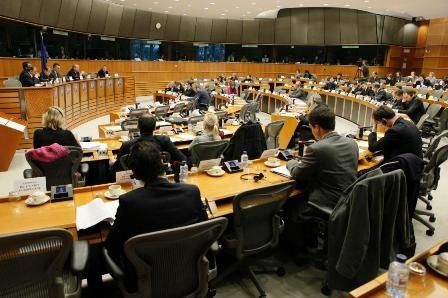



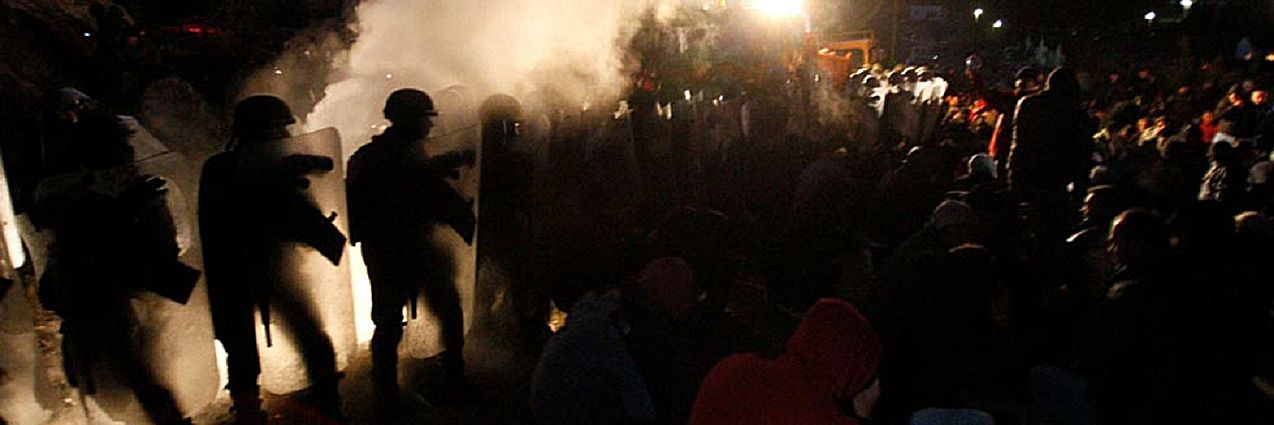
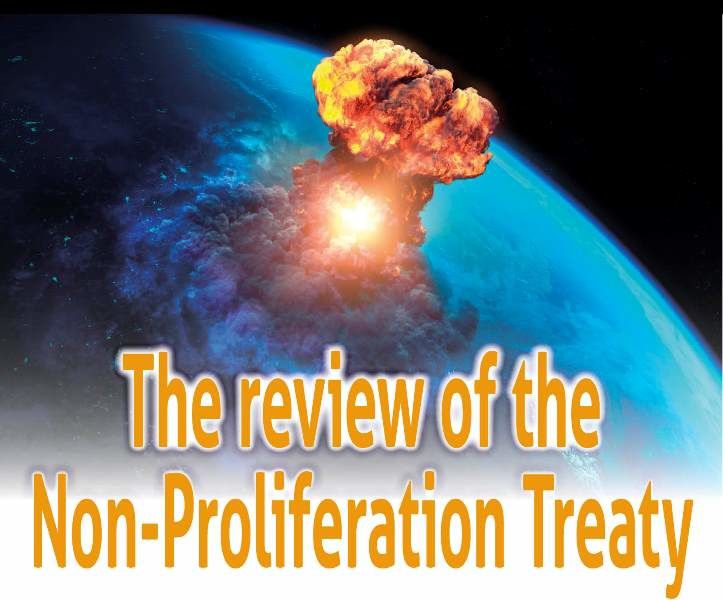
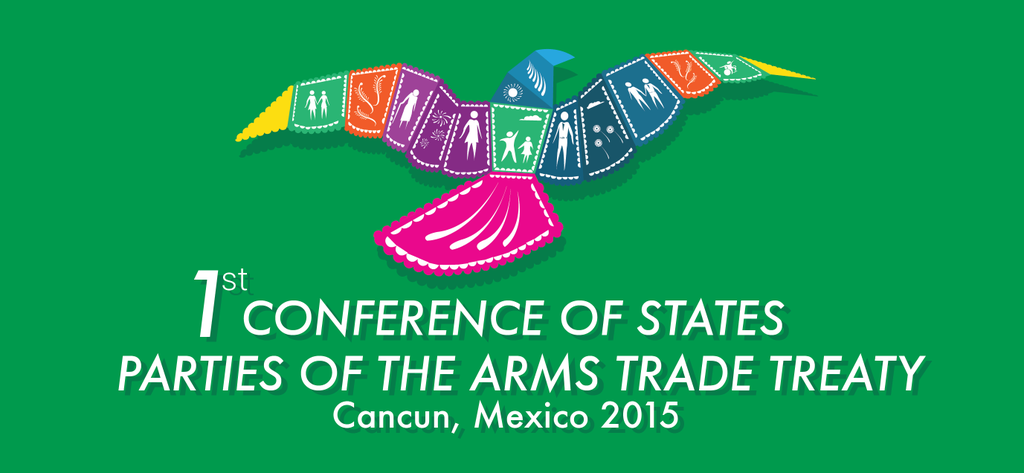
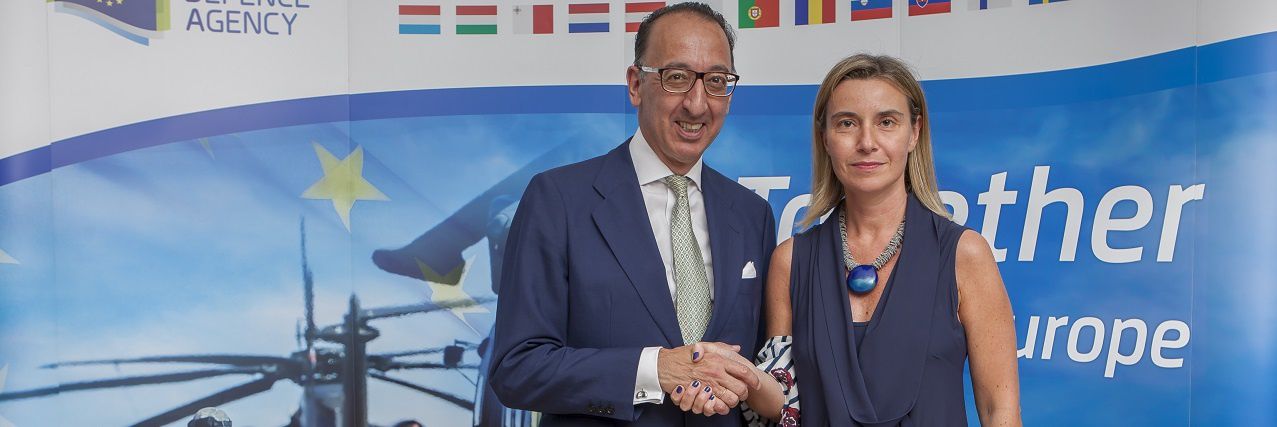
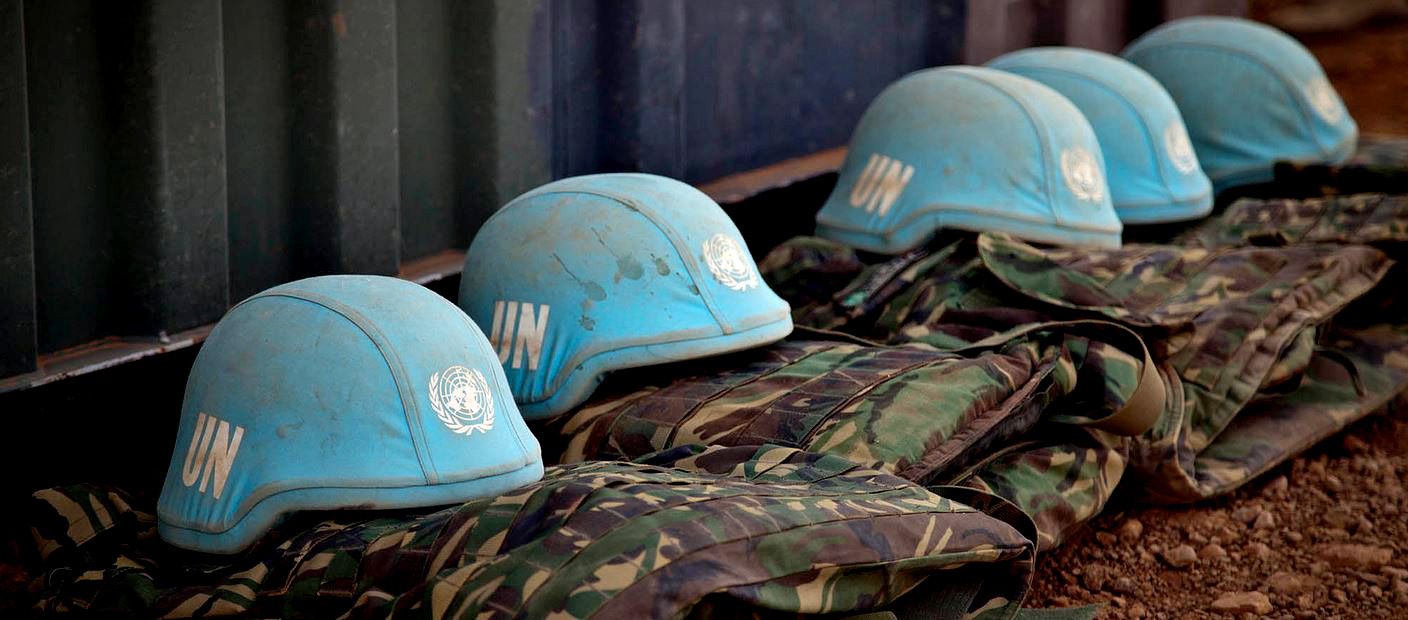
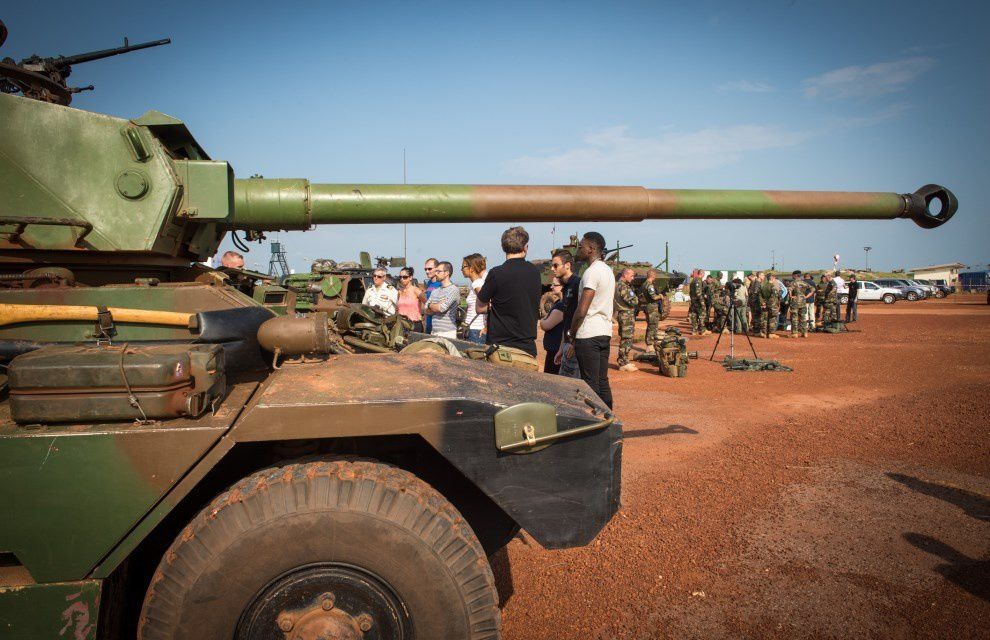
/image%2F0547456%2F20150626%2Fob_a15859_2015-tren-265-000-003.jpg)
/image%2F0547456%2F20150626%2Fob_3f02fe_2015-tren-265-000-011.jpg)
/image%2F0547456%2F20150626%2Fob_7a3f2c_2015-tren-265-000-002.jpg)
/image%2F0547456%2F20150626%2Fob_28a609_2015-tren-265-000-012.jpg)
/image%2F0547456%2F20150626%2Fob_fb94ae_2015-tren-265-000-013.jpg)
/image%2F0547456%2F20150626%2Fob_cf8733_2015-tren-265-000-015.jpg)
